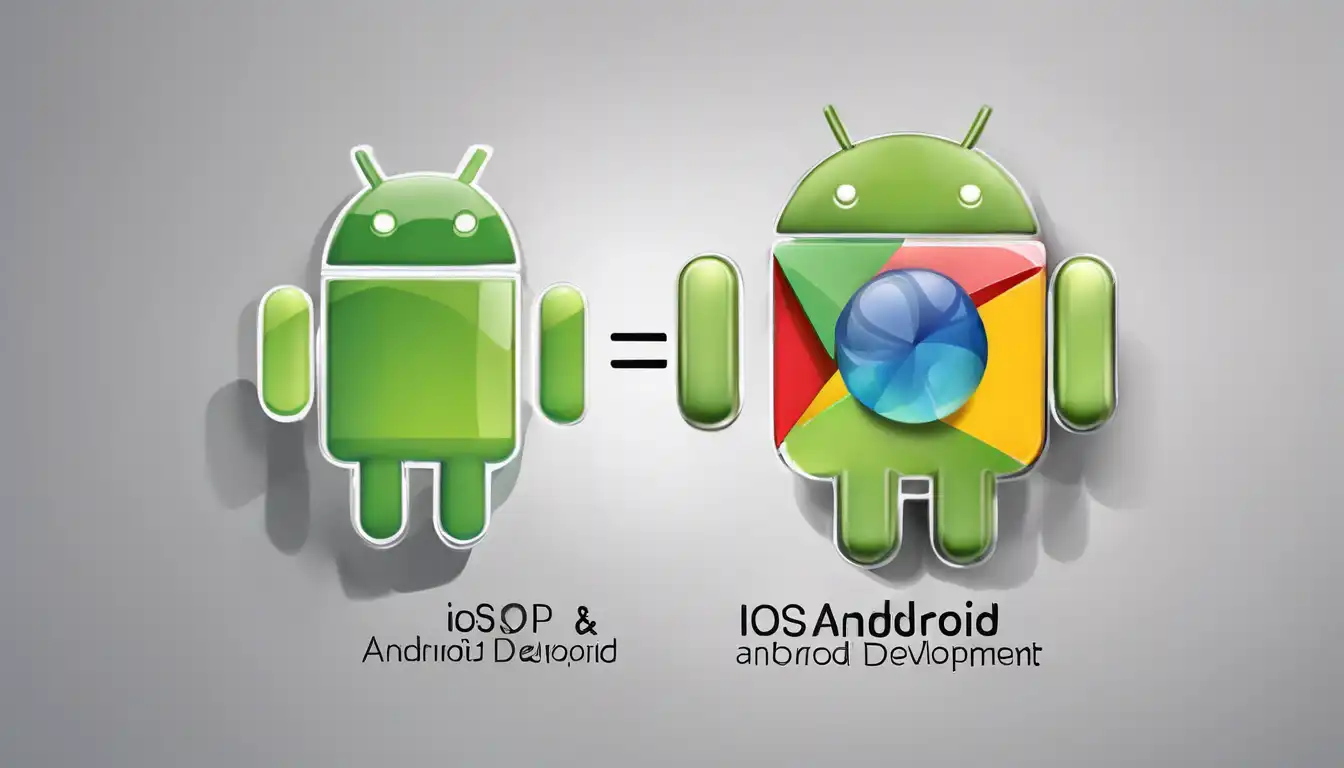Introduction to iOS and Android Development
When it comes to mobile app development, two platforms dominate the market: iOS and Android. Each has its unique ecosystem, development tools, and programming languages. Understanding the differences between iOS and Android development is crucial for developers aiming to create apps that offer the best user experience on each platform.
Development Languages
One of the most significant differences between iOS and Android development is the programming language used. iOS apps are primarily developed using Swift or Objective-C, while Android apps are written in Java or Kotlin. Swift and Kotlin are modern languages that offer safety features and concise syntax, making development faster and more efficient.
Development Environments
iOS developers use Xcode, Apple's integrated development environment (IDE), which is only available on macOS. Android developers, on the other hand, use Android Studio, which is available on Windows, macOS, and Linux. This difference means that iOS development is limited to Mac users, while Android development is more accessible to a broader range of developers.
Design Guidelines
Apple and Google have their own design guidelines, known as Human Interface Guidelines (HIG) for iOS and Material Design for Android. These guidelines influence the look and feel of apps on each platform, requiring developers to adapt their designs accordingly to meet user expectations.
App Distribution
The process of distributing apps also differs between the two platforms. iOS apps are distributed through the Apple App Store, which has a strict review process. Android apps are distributed through the Google Play Store, which has a more lenient review process but also faces issues with fragmentation and security.
Market Share and Monetization
Android has a larger global market share, but iOS users tend to spend more on apps and in-app purchases. This difference affects how developers monetize their apps, with iOS often generating higher revenue despite fewer users.
Conclusion
Choosing between iOS and Android development depends on various factors, including target audience, development resources, and monetization strategies. By understanding the key differences, developers can make informed decisions and create successful apps for either platform or both.
For more insights into mobile app development, check out our latest trends in mobile development.
